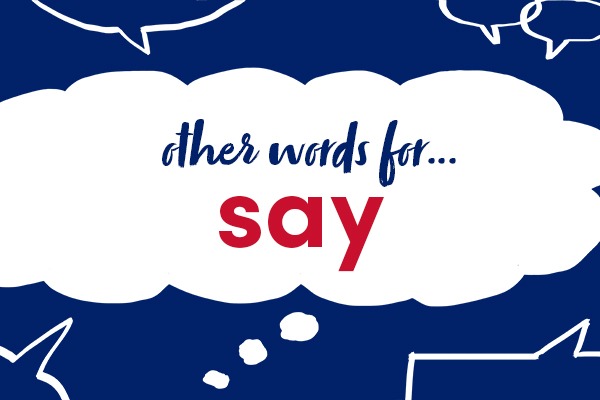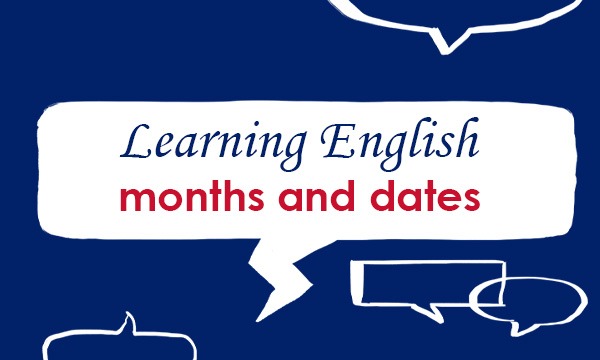The word ‘say’ is one of the most frequently used words in English, yet there are many other different words you can use instead to be more specific and make your writing more interesting.

Why not use these words if you want to say something quietly?
- mumble “I’m really sorry, miss,” he mumbled.
- murmur People in the crowd murmured and a woman came forward.
- mutter Harry could hear Ron muttering a spell under his breath.
- whisper “It’s a secret. Can I whisper?” Anita asked.
To say something slowly or hesitantly, you could use:
- drawl “Y’all are welcome,” old Grandpa Walt drawled from his chair.
- stammer “I d-d-didn’t do it!” stammered the little girl.
- stutter “W-would you l-like a cup of tea?” the office junior stuttered.
There are a number of synonyms of ‘say’ for talking unhappily:
- groan “Not Monday again!” my sister groaned, as I sat on her bed.
- moan The injured passenger moaned something then fell unconscious.
- whimper Tearfully, the child whimpered that he was completely lost.
- whine My kid brother is always whining that I never play with him.
Look at the Thesaurus entry for say to find other synonyms and examples.
All opinions expressed on this blog are those of the individual writers, and do not necessarily reflect the opinions or policies of Collins, or its parent company, HarperCollins.



